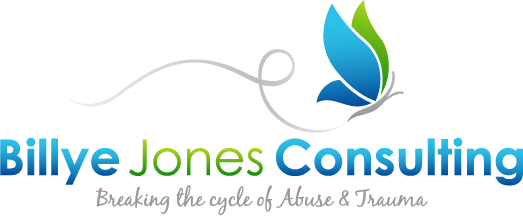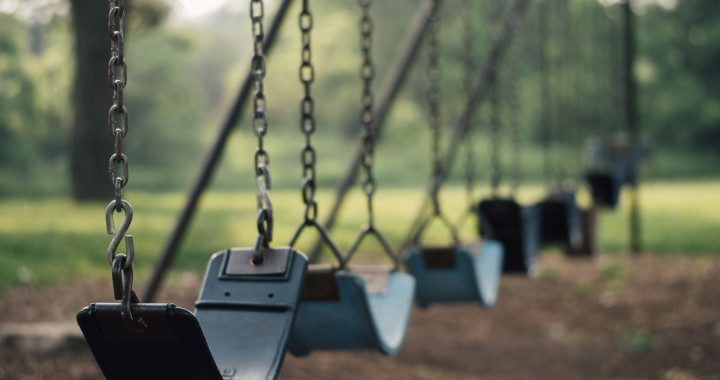As someone who has worked in this field for a long time, I frequently hear this question. Many people say the general public does not care about Child Sexual Abuse. I don’t agree with that. I have found that most people don’t know they should care about Child Sexual Abuse. Once people understand the true scale and scope of the issue, I find that people do care—they just don’t know what to do.
One of the challenges of this work is the shame and secrecy that surrounds sexual abuse. It is almost as if there is an unstated agreement to never acknowledge or talk about it. It always comes out in whispers. I can’t tell you how many workshops I have done where people will come up to me at the end or during breaks to share stories of their abuse, or the abuse of someone they love.
One of the most conflicting aspects of this work is that we have so many expectations of survivors, but at the same time we don’t follow through on our own responsibilities. We expect people to disclose abuse, but we don’t believe them when they do. We expect people to disclose abuse, but we don’t provide enough resources for them when they do. We expect people to disclose abuse, but don’t consider race, gender, or oppression. We stereotype people who get abused and challenge the truth and credibility of anyone who is not the perfect victim. When a survivor finally takes the first brave step to disclose abuse, we often rely on them to educate others about the issue without taking into consideration that survivors need to focus on their own healing and wellbeing.
In order to make a real difference in ending Child Sexual Abuse, we must stop making survivors responsible for ending the violence. This is the same argument I have with other movements as well. Why do we always make those who are oppressed fight for justice while we sit on the sidelines and evaluate whether their cause is credible and decide if we can relate to it or not? Ending Child Sexual Abuse is a human rights issue, plain and simple. Any child that is being abused—no matter what form the abuse takes—is having their childhood stolen from them!
When you have no childhood, you can’t play. When you can’t play, you can’t imagine or dream. When you can’t imagine or dream, you can’t identify what you want for your future. When you can’t think about the future, you begin to feel hopeless. When you begin to feel hopeless, you stop trying. What happens when tens of thousands of people stop trying? Do you really want to know? Let’s work together to reclaim childhood for survivors of Child Sexual Abuse.

